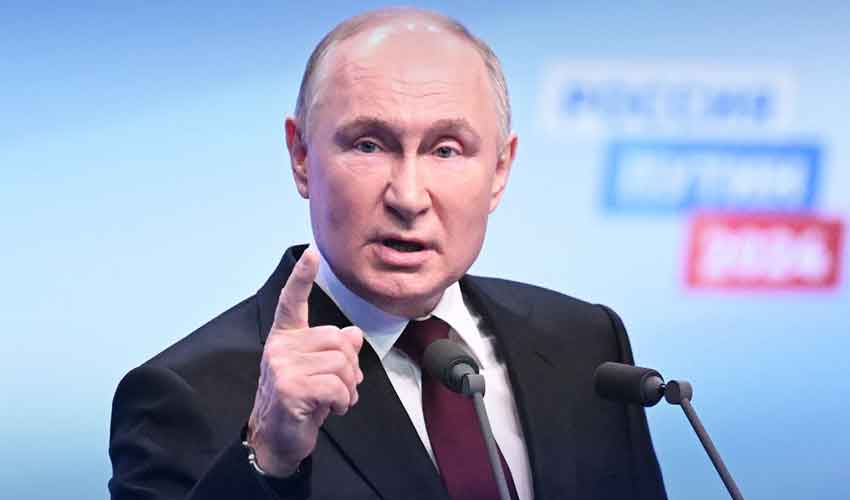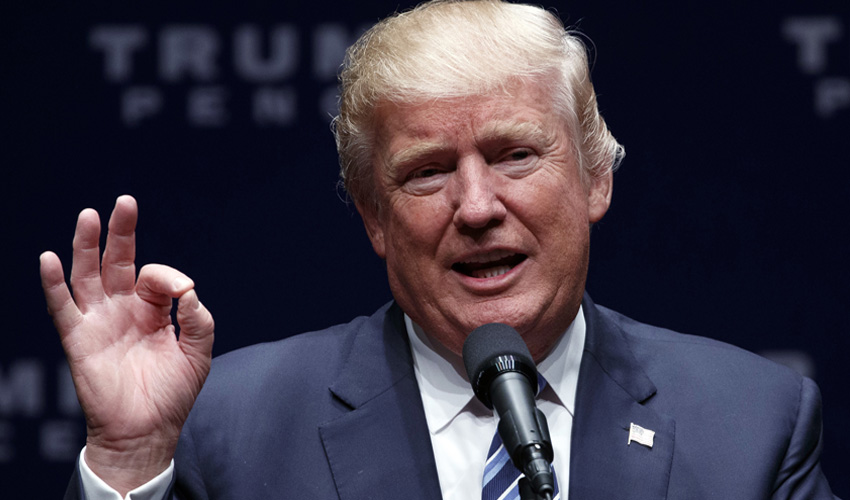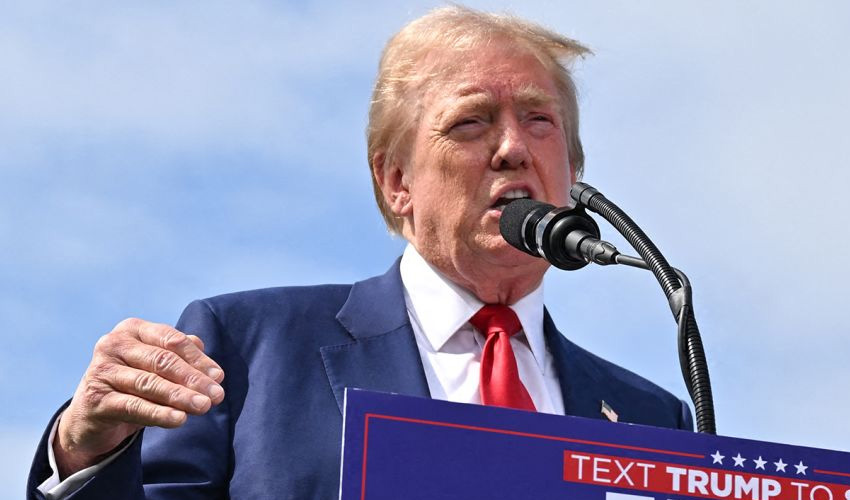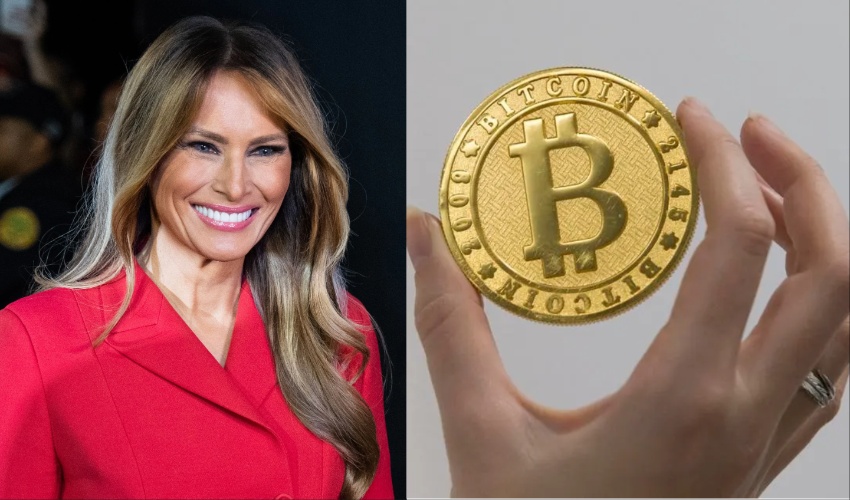Russian President Vladimir Putin has secured a record post-Soviet landslide in the country Sunday election in a significant electoral victory, consolidating his firm grip on power and signalling continued defiance against the West, particularly regarding the conflict in Ukraine.
Putin, a former KGB lieutenant colonel who has held power since 1999, emphasized the outcome as a message to Western leaders, asserting Russia's assertive stance in both war and peace for years to come.
With an overwhelming 87.8% of the vote, according to an exit poll by the Public Opinion Foundation (FOM), Putin is set to embark on a new six-year term, potentially surpassing Josef Stalin as Russia's longest-serving leader in over 200 years.
However, the election faced criticism from Western nations like the United States, Germany, and the United Kingdom, citing the imprisonment of political opponents and censorship. Despite concerns raised by opposition leader Alexei Navalny's death and subsequent protests, Putin dismissed any impact on the election's outcome and labelled the electoral process as democratic.
The opposition, inspired by Navalny, staged protests across Russia and abroad, although Putin's victory remained undisputed given his control over the country's political landscape.
Turnout reached 74.22%, surpassing levels from previous years, with reports of increased voter participation, including younger demographics.
Yet, challenges persist as tensions escalate in the Ukraine conflict. Putin framed the conflict as a struggle against Western encroachment, while Ukrainian President Volodymyr Zelenskiy condemned the election as illegitimate, further exacerbating the geopolitical divide.
As Russia's election unfolds against the backdrop of geopolitical tensions and domestic unrest, the implications reverberate far beyond its borders, shaping the trajectory of Eastern European politics and global relations.



























